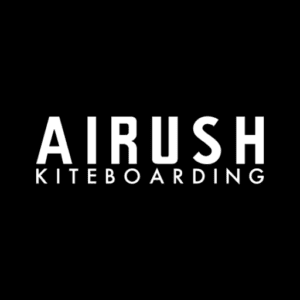From being 10 x carbon positive, to our solar powered design center and our relentless pursuit of more sustainable materials and processes, our ethos regarding sustainability and sustainable partnerships truly drives us. Our fundamental aim is to leave the planet better off than when we started.
In 2021, our brand stepped up our commitments to ensure all individuals connected to our business working are treated fairly, treated ethically, and fair labor is practiced throughout our supply chain. Our brand and all suppliers work towards the standards of the Fair Labour Association.
Working towards accreditation with the Fair Labour Association is not a ‘one-off audit’ scenario. We have deliberately made a long-term commitment to engage in an open dialogue with the FLA and other companies for lasting change.
Sustainability is a journey, and we acknowledge that there are so many areas in which we could do more. Below are some of our key initiatives so far…
CARBON OFFSETTING
ENERGY USE
Our Eco Friendly Materials
We have teamed up with one of the leaders in recycled plastic, Waste 2 Wear, with whom we now produce many of our kite bags and key accessories.
Waste 2 Wear recycle 100% post-consumer plastic bottles into eco-friendly fabrics suitable for our kite bags.
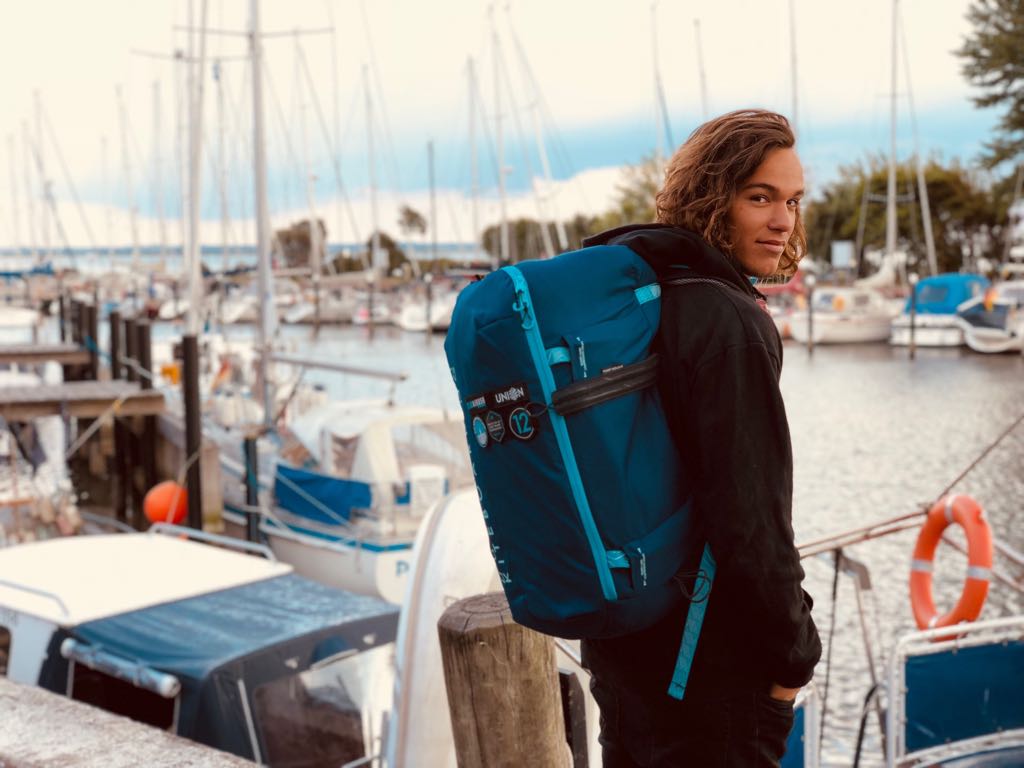
Our ongoing quest is to develop the highest performing Directional Surf and Foil Kiteboards on the market while reducing our environmental impact.
As an industry first, we have teamed up with Sustainable Surf to develop a full line of Directional Surf and Foil Kiteboards that comply with, and exceed, the Ecoboard fundamentals of:
A measurably reduced carbon footprint
Renewable, recycled and/or up-cycled material inputs
Optimizing materials and processes that reduce toxicity during manufacturing
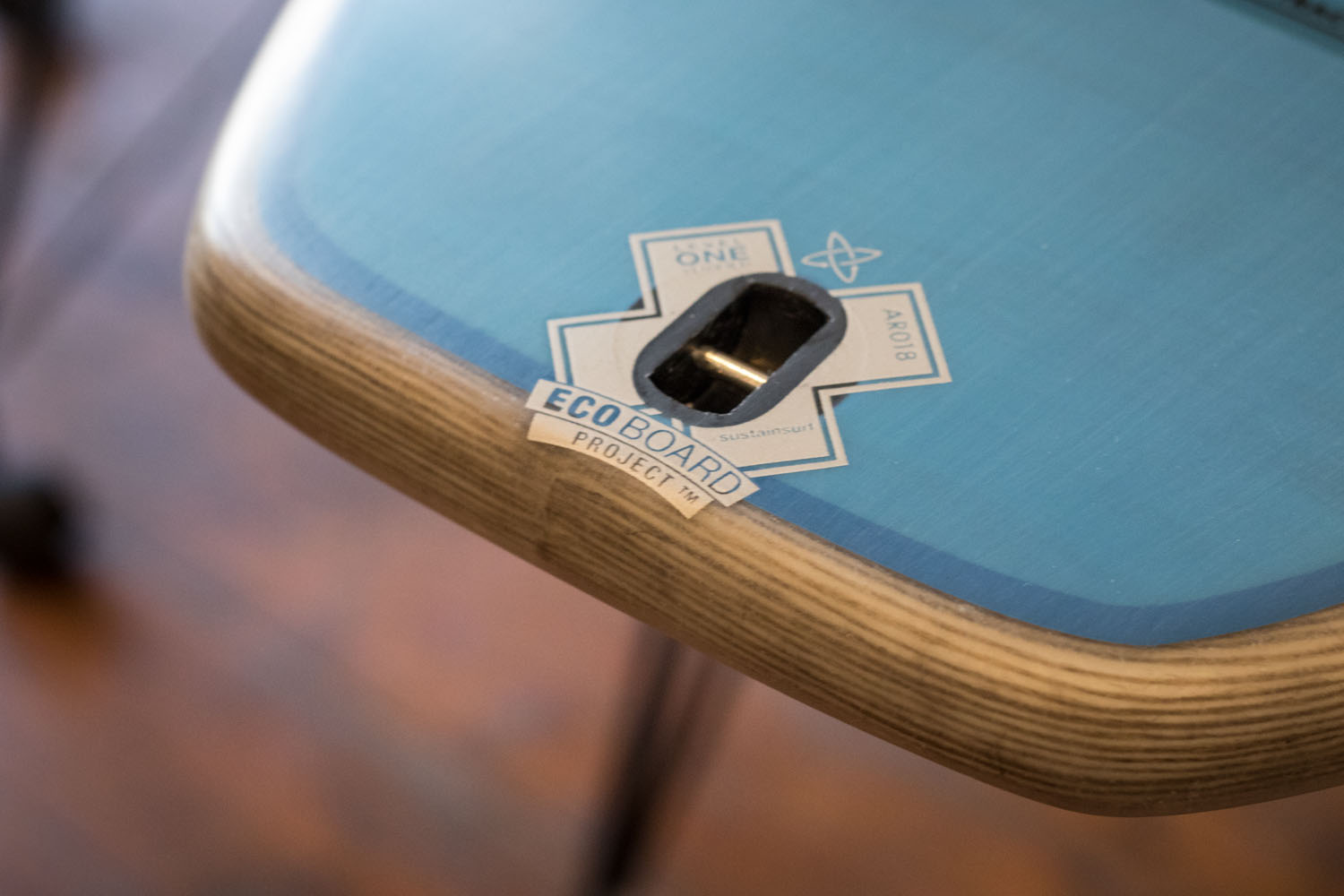
Bio Resin systems reduce greenhouse gas emissions by as much as 50% over conventional petroleum-based epoxies. These resin systems replace petroleum-based, raw materials with renewable, plant-based materials.
Wherever possible, the raw materials used in Bio Resins are co-products or waste products of industrial processes which do not compete with food sources or displace food-based agriculture. Along with the environmental benefits, epoxy bio-resin offers 3.5% to 4.5% tensile elongation at failure compared to 1% to 2% for typical polyester resins.
Polyester resins are also more toxic during lamination and are avoided wherever possible.
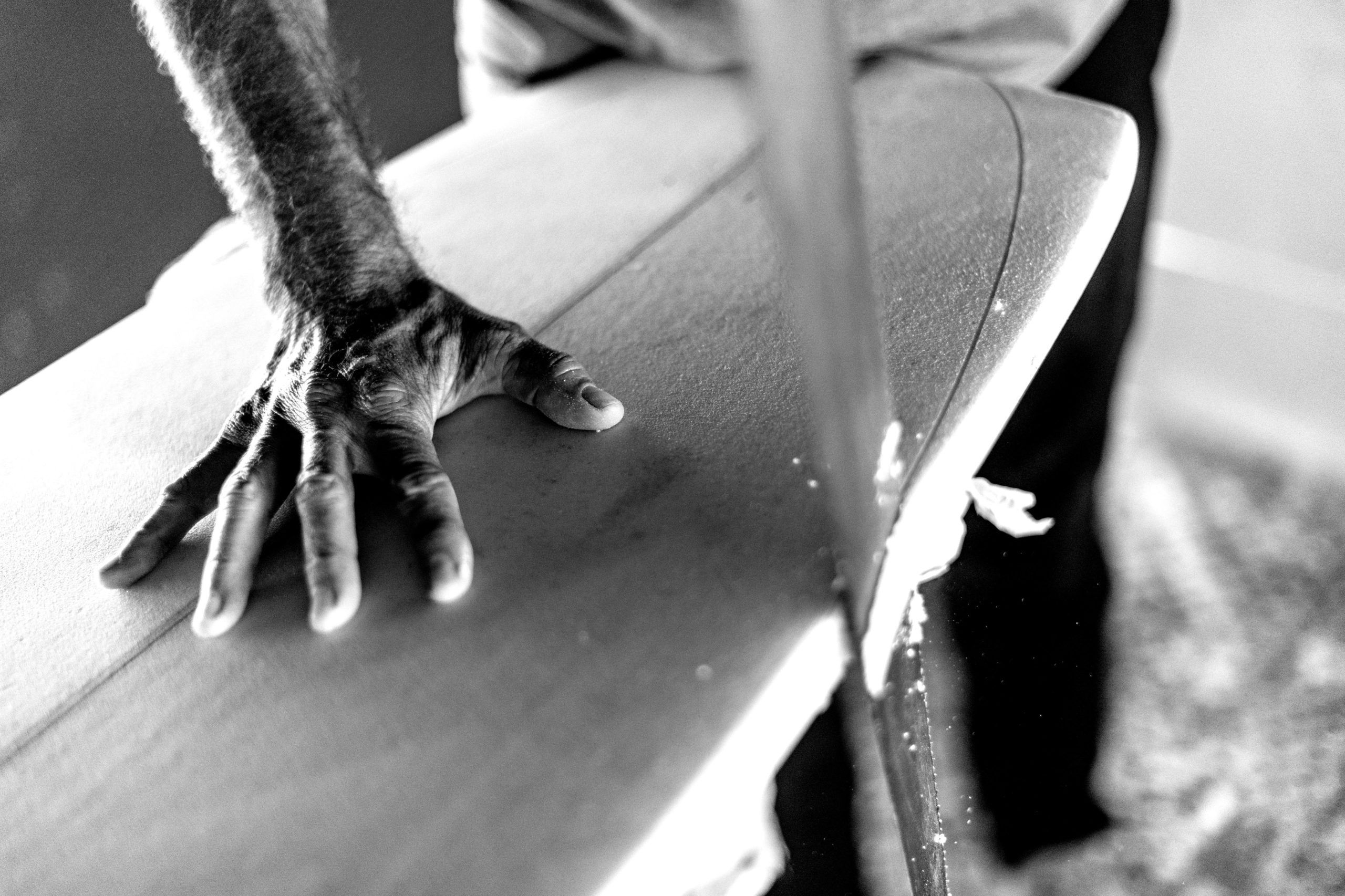
As a base material for our surfboard cores, EPS can be easily recycled during and after manufacture, and is less harmful to produce.
At the same time, the EPS core is typically lighter, allowing us to put a tougher outer skin onto the board to increase its lifespan.
EPS requires an epoxy skin, and typically epoxy resin has five times the strength of polyester due to its molecular bonding.
Like what you see?
Subscribe to our newsletter!
Be the first to know about new products, events, and competitions.
